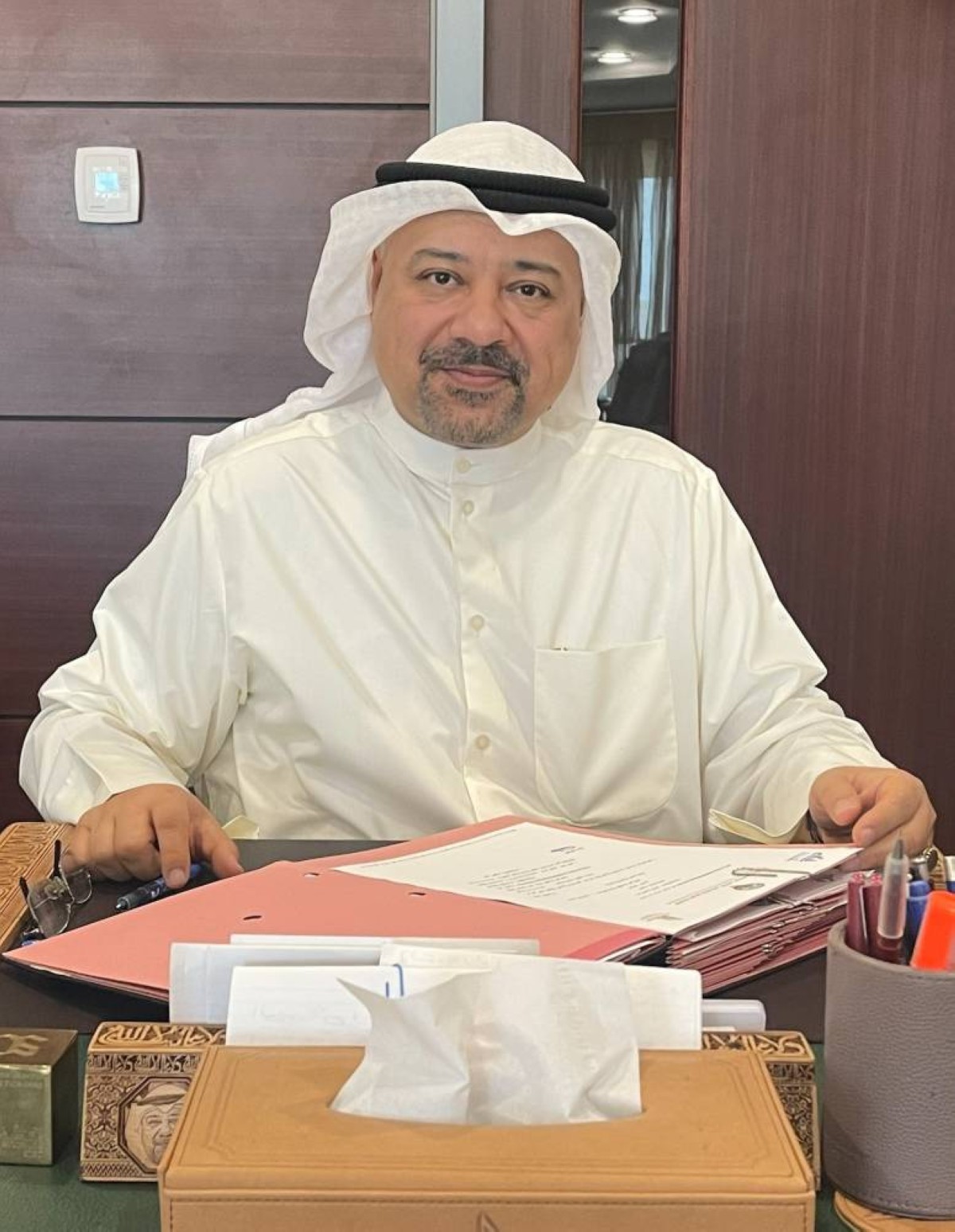By Dr Khaled Mahdi
In a historic move that coincides with the new era under the leadership of HH the Amir Sheikh Meshal Al-Ahmad Al-Jaber Al-Sabah, and following the meeting of HH the Crown Prince Sheikh Sabah Al-Khaled Al-Hamad Al-Sabah and Indian Prime Minister Narendra Modi on the sidelines of the United Nations General Assembly in September, Modi will visit Kuwait on December 21–22. The visit marks the first by an Indian prime minister to Kuwait in 43 years, highlighting the deep-rooted historical relations between the two countries, which have witnessed significant growth in recent years at all levels.
On the economic front, the total volume of trade exchange between India and Kuwait reached $10.479 billion in the fiscal year 2023-2024, and Indian exports to Kuwait amounted to $2.1 billion, showing a growth of 34.78 percent annually, while Kuwait’s total exports to India, especially crude oil, gas and petrochemical exports, reached $15 billion in 2022.
However, the relationship between India and Kuwait is not limited to economic relations alone. With a vibrant Indian community of more than one million people residing in Kuwait, the highest number among non-Arab expatriates, they add significant economic value to the labor market through skilled workers and specialists in various fields such as finance and engineering.
It is worth mentioning that the relationship between India and Kuwait dates back several centuries, as India was a major destination for trade and education for Kuwaiti families and commercial elites. In the 20th century, the city of Bombay (now Mumbai) was an important commercial center for Kuwaitis, and many of them owned houses and companies there, where commercial relations included the trade of spices, horses, pearls, wood and more.
Kuwaiti researcher Hessa Awad Al-Harbi in her comprehensive illustrated encyclopedia of history (1896-1965) confirms economic and social integration between the two societies. Kuwaiti drama also highlighted this relationship in the series ‘Muhammad Ali Street’, the famous street in Mumbai, which is full of offices and shops of Kuwaiti merchants in India. It is also known that India was the birthplace of many prominent Kuwaiti figures.
Prime Minister Modi’s visit comes at a very strategic time, as Kuwait currently chairs the Gulf Cooperation Council, which enhances its effective role in achieving regional security and peace. This visit is expected to pave the way for a new era of cooperation between India, Kuwait and the Gulf, and promote growth and mutual prosperity. There is also a golden opportunity to build advanced partnerships, especially under India’s current leadership, where Prime Minister Modi has 25 years of experience in governance, first as Chief Minister of Gujarat and then as Prime Minister of India.
Known for his extensive experience and popularity, he is one of the few leaders who won a third term to lead the Indian people towards high economic growth, making India the fifth largest economy under his supervision, from the 11th place it held before. He is committed to further accelerating growth with the aim of making India the third largest economy in the next five years and an advanced economy by 2047.
In addition, he is characterized by his efforts in combating corruption on all fronts in India. Under his leadership, India was able to establish friendships with various countries and groups of countries despite their contradictions. It is also the driving force behind India’s improved relations with the Gulf states.
Kuwaiti economic diplomacy has always demonstrated its positive influence and mutual benefit in consolidating international peace and security. This is achieved through high-level visits, especially with countries experiencing rapid economic growth, such as India under its current leadership.
NOTE: Dr Khaled A Mahdi is the Secretary-General of the General Secretariat of the Supreme Council for Planning and Development. He currently presides over the National Committee for the Implementation of Agenda 2030.



